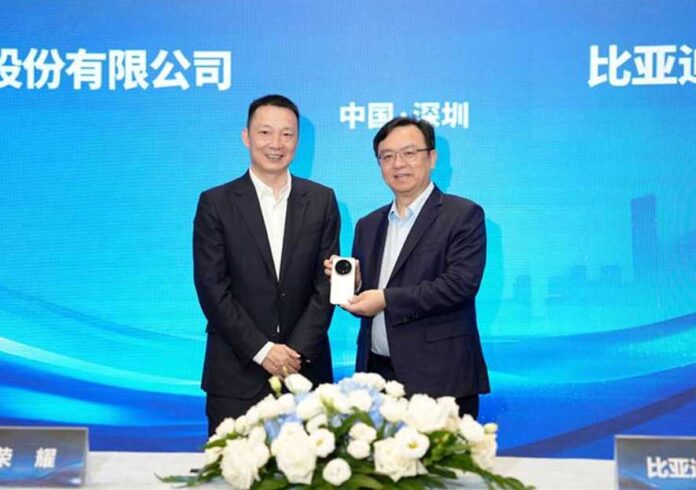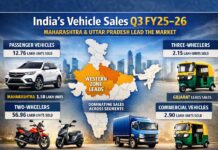
HONOR, a global AI device ecosystem company, and BYD, China’s largest electric vehicle manufacturer, announced a strategic partnership in India. The collaboration will integrate HONOR’s vehicle connectivity solutions with BYD’s DiLink smart ecosystem, focusing on AI-powered features for connected vehicles.
The partnership builds on their existing cooperation, which began in 2023 with smartphone NFC car keys and expanded in 2024 to include in-vehicle fast charging. Under the new agreement, DENZA, a BYD brand, is the first to adopt HONOR Car Connect technology, with plans to extend the solution across additional BYD brands, enabling seamless cross-device interaction and service continuity between smartphones and vehicles.
The HONOR-BYD partnership will focus on three key areas: joint innovation in cross-device ecosystem and AI agent integration, collaborative channel models to enhance platform interoperability, and coordinated marketing efforts around product launches.
James Li, CEO of HONOR, described the collaboration as “a comprehensive partnership for the AI era, with smart mobility as the strategic focus.” The agreement was signed by Fang Fei, President of Products at HONOR, and Yang Dongsheng, Senior Vice President of BYD and President of the Automotive New Technology Research Institute.
Founded in 1995, BYD is one of the world’s largest manufacturers of electric vehicles and batteries, selling over 3 million new energy vehicles in 2024. HONOR, which became independent from Huawei in 2020, has established itself as a global leader in smartphones and AI-powered devices.
Smartphone-automaker integration is on the rise, with HONOR and BYD partnering to enhance AI-driven phone-to-car connectivity, including digital keys and advanced safety features. CP Khandelwal, CEO of PSAV Global, highlighted the collaboration’s goal of creating an interconnected, AI-enabled ecosystem.
The partnership aims to set new standards in device-to-vehicle integration amid a rapidly growing global EV market, led by China, which accounted for 60% of global EV sales in 2024.







